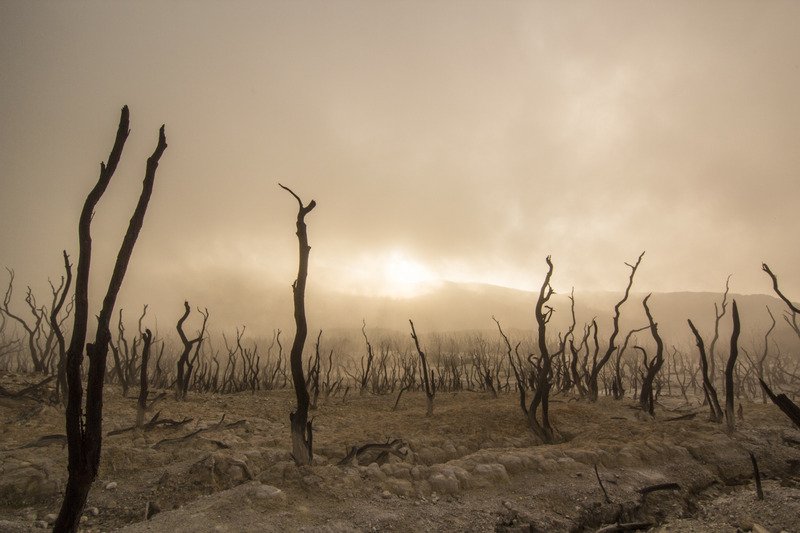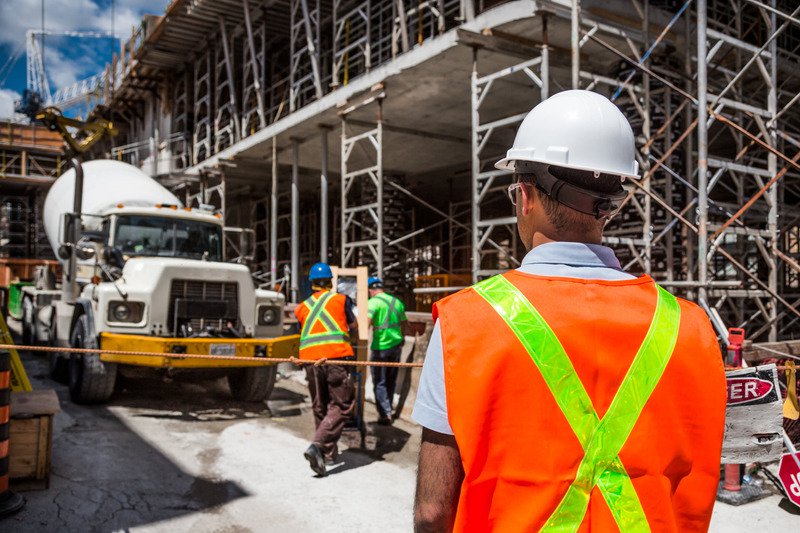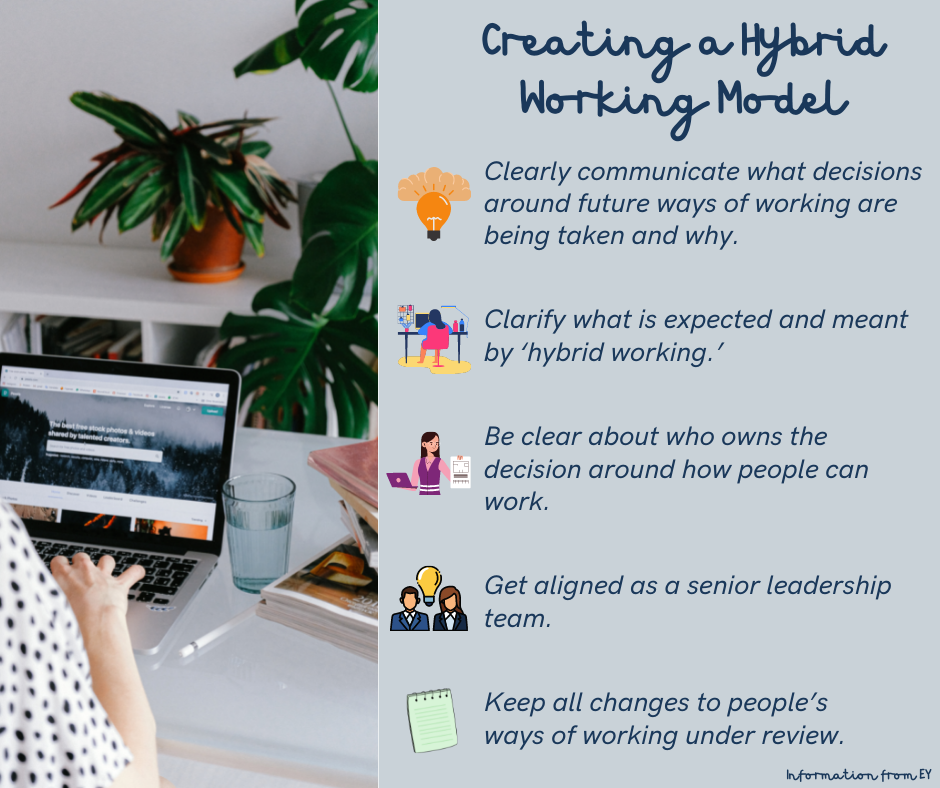IPCC Report Casts Somber Outlook on Global Warming
 A report released this week by the UN’s Intergovernmental Panel on Climate Change (IPCC) has said that human activity is changing the climate in unprecedented and sometimes irreversible ways. The landmark study warns of increasingly extreme heatwaves, droughts and flooding, and temperature limits agreed under the Paris Agreement in 2015 being broken in just over a decade.
A report released this week by the UN’s Intergovernmental Panel on Climate Change (IPCC) has said that human activity is changing the climate in unprecedented and sometimes irreversible ways. The landmark study warns of increasingly extreme heatwaves, droughts and flooding, and temperature limits agreed under the Paris Agreement in 2015 being broken in just over a decade.
UN Secretary-General António Guterres warned that the report “is a code red for humanity”, however, scientists say a catastrophe can be avoided if the world acts fast. There is hope that deep cuts in emissions of greenhouse gases could stabilise rising temperatures.
The report warns of five future impacts that will happen if action isn’t taken:
- Temperatures will reach 1.5C above 1850-1900 levels by 2040 under all emissions scenarios.
- The Arctic is likely to be practically ice-free in September at least once before 2050 in all scenarios assessed.
- There will be an increasing occurrence of some extreme events “unprecedented in the historical record” even at warming of 1.5C.
- Extreme sea level events that occurred once a century in the recent past are projected to occur at least annually at more than half of tidal gauge locations by 2100.
- There will be likely increases in fire weather in many regions.
Read an overview of the report from the BBC.
Traditional Practices in Construction are Exacerbating Poor Mental Health, According to Research
 A report published by CITB that investigates mental health and construction has argued that despite recent improvements, as an industry there is still a way to go to improve mental health and wellbeing.
A report published by CITB that investigates mental health and construction has argued that despite recent improvements, as an industry there is still a way to go to improve mental health and wellbeing.
The construction industry has a poor record on mental health and the pandemic has highlighted this even further. Physical health and safety are given significant priority in the construction industry however, given that suicide often kills more people than falls from height, there is a need for steps to reduce the stigma surrounding mental health and improve the support available to workers.
It also revealed that the traditional practices of industry exacerbate poor mental health, such as working away from home, frequent travelling and heavy workloads/long working hours.
Read the CITB’s report on their website.
Roofer and Scaffolder Sentenced Following Fatal Fall From Height
 A roofer and a scaffolder have been sentenced following a fatal fall from height at a two-storey terraced house in Wimbledon.
A roofer and a scaffolder have been sentenced following a fatal fall from height at a two-storey terraced house in Wimbledon.
On 26 November 2018, Philip Drinkwater and Anthony Bradley were working on the roof, which was accessed using a ladder and scaffolding that had been erected by Dean Glen. Later that day, Mr Drinkwater asked his co-worker, Mr Bradley, to help him move some slates up onto the roof using an electric hoist. While he was carrying out this operation, he fell approximately six metres through a gap, which was adjacent to the hoist and landed on the ground where he died almost immediately.
An investigation by the Health and Safety Executive (HSE) found that there was a lack of edge protection in place, the scaffolding was non-compliant and Mr Glen and Mr Drinker were not suitably competent in their roles.
Philip Drinkwater (trading as Prestige Roofing) pleaded guilty to breaching section 3(2) of the Health and Safety at Work etc Act 1974. He was fined £5,000 and ordered to pay costs of £6,318. Dean Glen (trading as DDP scaffolding) pleaded guilty to breaching section 3(2) of the Health and Safety at Work etc Act 1974. He was fined £5,000 and ordered to pay costs of £6,318.
Read more on the tragic accident from the HSE.
How to Implement a Successful Hybrid Working Model
 Did you know that 9 out of 10 employees want flexibility in where and when they work? And 54% of employees are prepared to quit if they aren’t offered the flexibility they want?
Did you know that 9 out of 10 employees want flexibility in where and when they work? And 54% of employees are prepared to quit if they aren’t offered the flexibility they want?
Hybrid working involves giving people more choice as to where they would like to work, offering a flexible blend of remote and in-office working so that individuals, teams and organisations can be at their best. It is becoming more and more popular post-pandemic as people have reflected on what working styles work best for them and the amount of flexibility they require; on average, employees now expect to work between 2 and 3 days a week remotely.
There are a few key processes needed to ensure you create a successful hybrid working model:
- Clearly communicate what decisions around future ways of working are being taken and why.
- Clarify what is expected and meant by ‘hybrid working.’
- Be clear about who owns the decision around how people can work.
- Get aligned as a senior leadership team.
- Keep all changes to people’s ways of working under review.
Read more on hybrid working from EY.
To keep up to date on more stories like these, make sure you are following us on social media!

